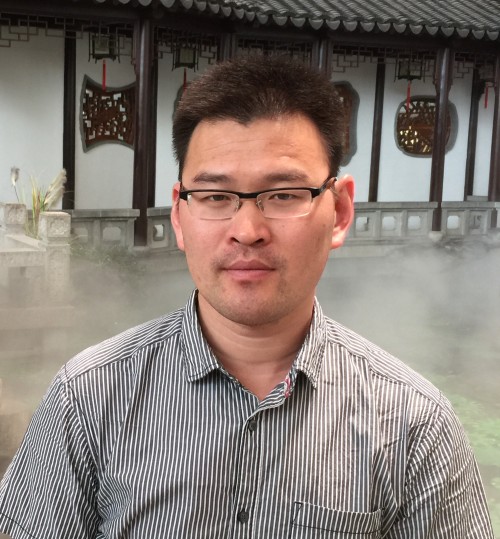
Talk 24: Understanding Electric-Field Driven Structural Phase Transitions: From Symmetry to Machine Learning
Prof. Dr. Hongbin Zhang Institute of Materials Science Theory of Magnetic Materials Technical University of Darmstadt
Abstract
As represented by ferroelectric and antiferroelectric materials, displacive structural phase transitions driven by electric fields have a vast spectrum of applications. However, the mechanistic understanding of such structural transitions is still elusive. In this work, I will talk about how symmetry analysis and machine learning can be applied to understand the intriguing physics. Taking NaNbO3 as an example, the origin of antiferroelectric and ferroelectric phases is elucidated at the electronic structure level following the pseudo Jahn-Teller theory. Furthermore, focusing on the construction of effective Landau Hamiltonians to model the potential energy surfaces, we develop an active learning approach, which has been successfully applied to BaTiO3.
Short Biography
Hongbin Zhang got his PhD in Theoretical Physics in 2009 at TU Dresden. After finishing two postdoctoral research positions at FZ Jülich and Rutgers University, he moved to TU Darmstadt as a junior professor in 2015 and got tenured in 2021. The main research subjects in his research division include materials design based on high-throughput density functional theory calculations, inverse design via generative machine learning and Bayesian optimization, and modelling of phase diagrams combining the DFT and CALPHAD methods.
About the FLAME-inars
The FLAME-inars are organized by the collaborative project FLAME at TU Darmstadt, in which electronic-structure-property relationships are being developed and exploited to realize novel lead-free antiferroelectric compounds. The seminars will gather experts in processing, characterization and theory to discuss materials and applications, bulk and thin films, fundamental properties, electronic structure & defects, and related aspects.



